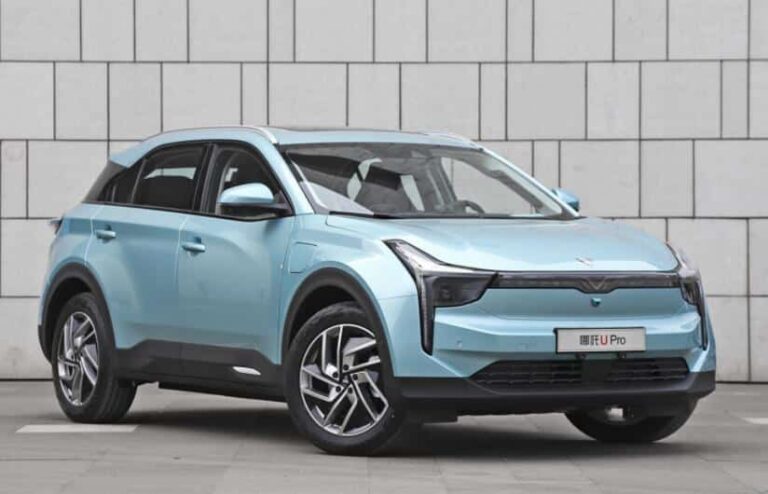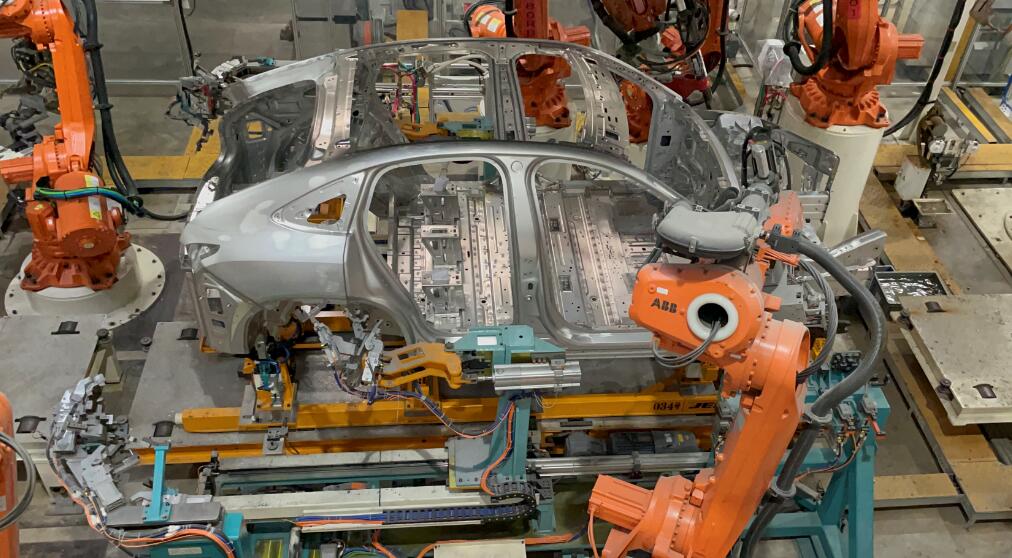In today's China, it's no longer surprising to see tech giants announcing their entry into the car-building industry.
To briefly summarize, there are three main reasons why they are starting to build cars one after another.
The first reason is that Baidu, Alibaba, and Tencent have been making little progress in the field of connected cars over the past few years.
Alibaba's solution Banma has almost 0 share of the connected car aftermarket, LatePost once quoted a supplier as saying, adding that there is now almost not a single partner manufacturer left.
Of new car sales from January to July last year, cars equipped with Baidu technology amounted to 49 percent, Tencent accounted for 35 percent, and Alibaba only 16 percent, according to a report released by IHS Markit.
Banma only completed less than 20 percent of the 6 million units set as the initial target, and last year Alibaba boosted the target to 10 million.
Although Baidu has laid out intelligent transportation, connected cars and autonomous driving, its vice president Li Zhenyu said the company has been in the autonomous driving field for seven years and has yet to make money.
There are more than 70 car companies using Baidu Apollo, with more than 600 models on the market, but Baidu has never announced the exact number.
Huawei, by contrast, has given clear numbers, saying 5 million cars will be pre-installed with its HiCar this year.
Local media Jazzyear quoted an investor as saying that Huawei can give car companies a whole set of smart car solutions, while Baidu only provides a certain module inside the autonomous driving, or a certain platform for training algorithms.
The second reason why tech companies are building cars is that just making connected cars or autonomous driving doesn't satisfy the tech giant's positioning as a platform.
Matrix Partners China discovered in 2017 that autonomous driving must be combined with whole cars, so it laid out whole car factories and invested in Xpeng Motors and Li Auto.
Just as Apple relies on the iPhone's software and hardware synergy, building cars is one of the few options available if tech companies want to dominate the next round of the automotive revolution.
Although Huawei says it won't build cars, the fact that it has put the smart car BU under the consumer BG means that its strategy is to make smart cars just like it makes smartphones.
The third reason for tech companies to build cars is that the stock price of car companies like Tesla has risen too much.
Tesla's share price increased 773% in 2020, Li Auto and Xpeng's share price increased 86% and 85% respectively, and Nio increased 1569%.
Tesla's market cap surpassed the combined market cap of Volkswagen, Toyota, Nissan, Hyundai, GM, Ford, Honda, Fiat Chrysler and Peugeot last December, making CEO Elon Musk the richest man in the world.
In China, Nio's market capitalization once surpassed that of Internet giant Baidu, although the latter now regains ground on the former's $69.8 billion with a market capitalization of $76.5 billion.
(Source: CnEVPost)

